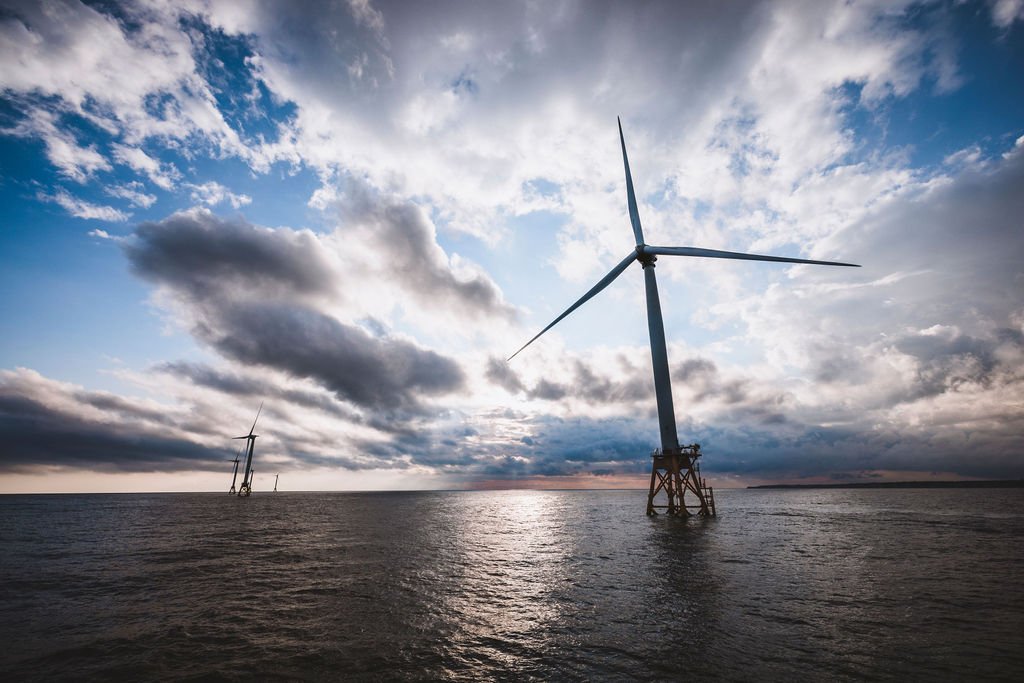
Broader Context of OSW Opposition
Some reasons why you should question the intent of the anti offshore groups.
“..during moments of great possibility, the roar of disinformation is at its loudest.”
--Geoff Dembicki, The Petroleum Papers: Inside the Far-Right Conspiracy to Cover Up Climate Change
